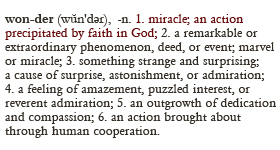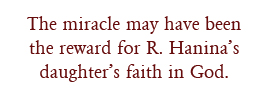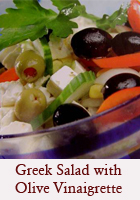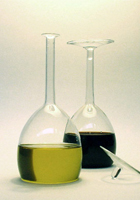In a popular Israeli Hanukkah song, the refrain refers to “the miracles that were performed by the Maccabees”. This gives us cause for pause!
If the miracles were acts of divine intervention, why are the Maccabees given credit? The answer lies in the definition of miracles. Defiance in the face of the Greek political and religious oppression; waging war and courageously standing up to religious and cultural persecution go beyond the limits of courage. Even the re-dedication of the Temple was a super-natural act of devotion, hope and faith, initiated by man.
The Maccabees hoped against hope and prayed for miracles. In the words of David Ben Gurion, to be a realist in Israel you have to believe in miracles.
The Hellenistic period is a wonderful example of God performing miracles in response to the valiant steps of His people. The miracle of the cruse of oil is God’s response to the dedication of the Maccabees.
The two-dimensionality of miracles in the Hannukah story becomes clear when we look at another miracle of oil described in the Talmud:
Once upon a time, on the eve of Sabbath, R. Hanina ben Dosa saw his daughter crying. He asked her what happened and she answered that she had one cruse of oil that she had set aside to light for Shabbat and someone came and stole it from her and replaced it with a cruse of vinegar. Her father said, "Don't cry. He who commanded the oil to burn will command the vinegar to burn” and indeed it lasted from the eve of Sabbath until havdalah.
(Babylonian Talmud, Taanit 25a)
In this anecdote, we encounter R. Hanina ben Dosa -- a miracle man. The miracle he performed was a function of his power, not a reward for his courage and initiative as in the case of the Maccabees. Moved to compassion by his daughter's tears he used his miraculous powers. He, no doubt, empathized with her and was pained by the injustice she had been dealt.
However, the miracle, as a divine gift, may have been the reward for the faith in God that R. Hanina's daughter demonstrated. She believed that the vinegar would burn as brightly as the oil, and so it did. In this regard, the 'miracle of this cruse of oil' resulted from the faith of a woman.











